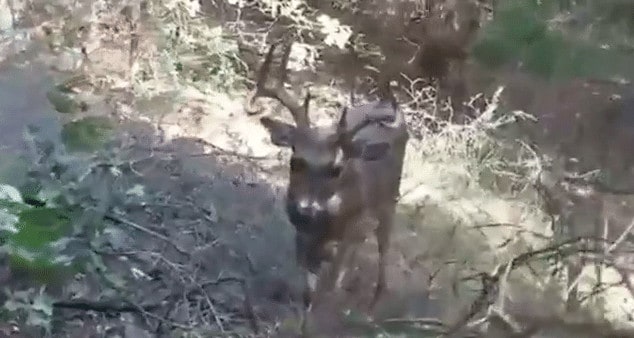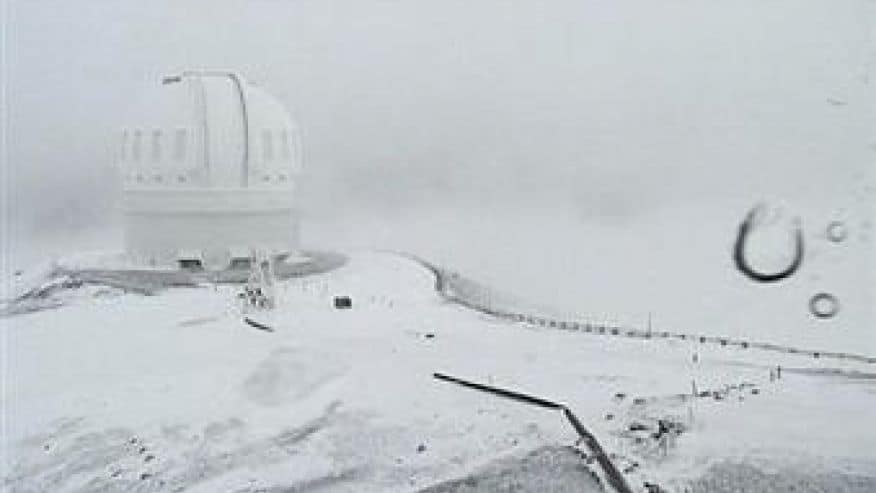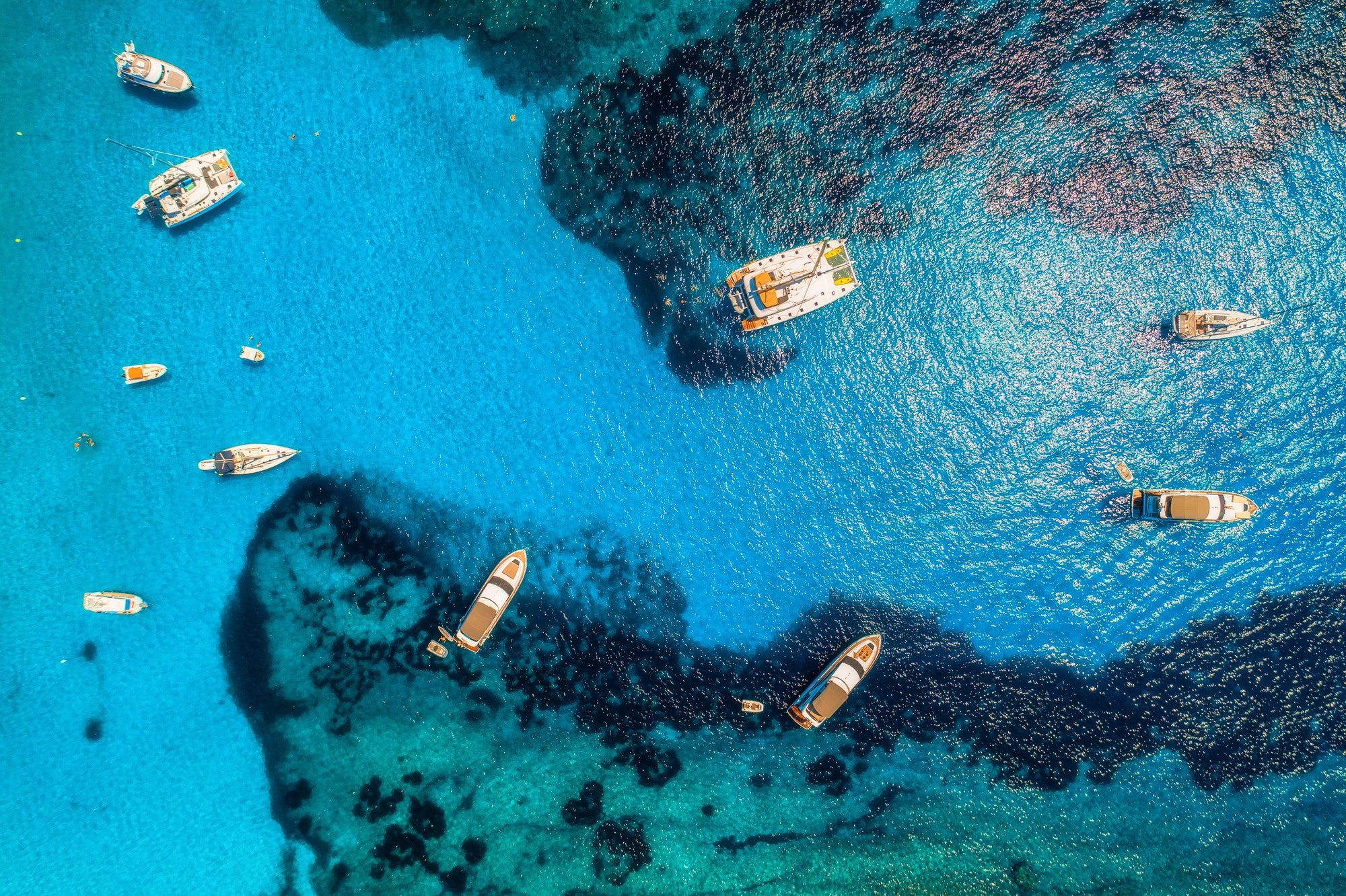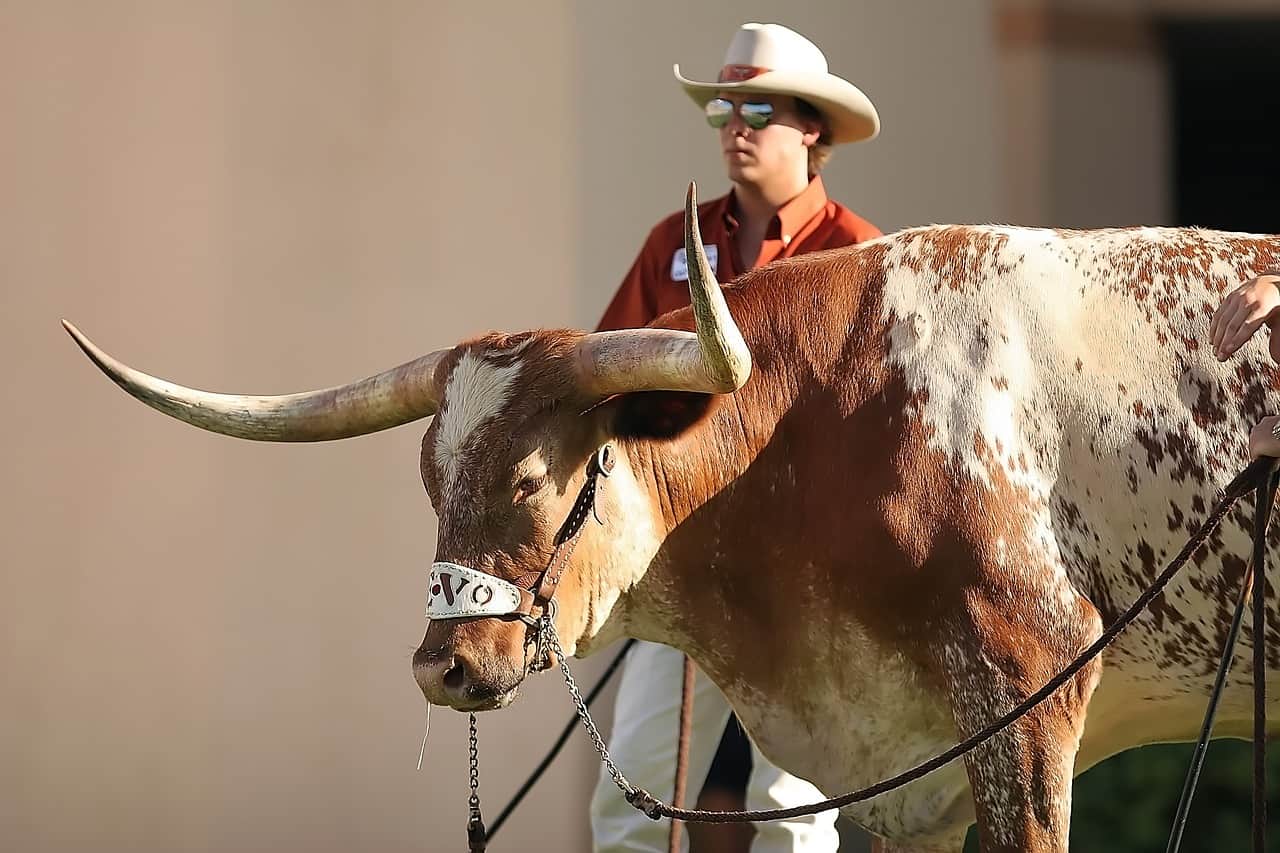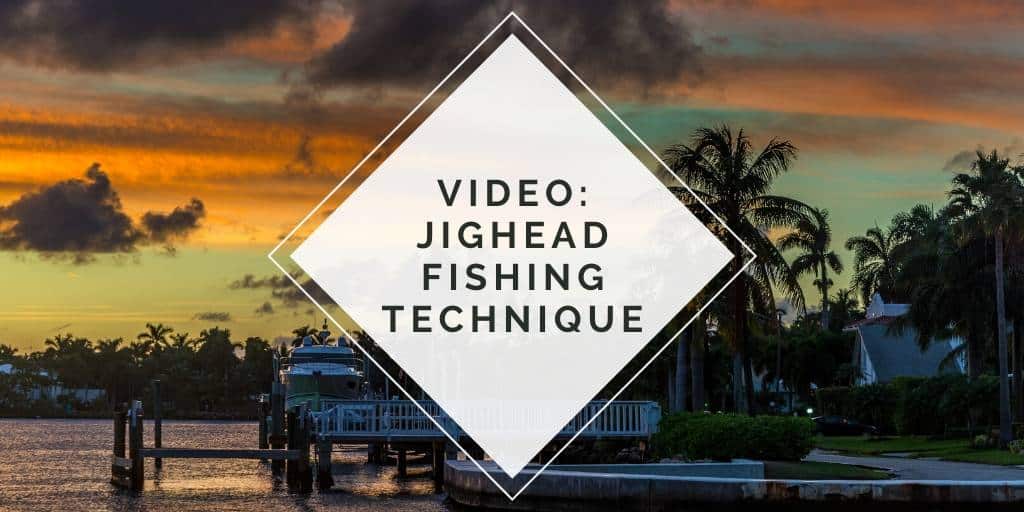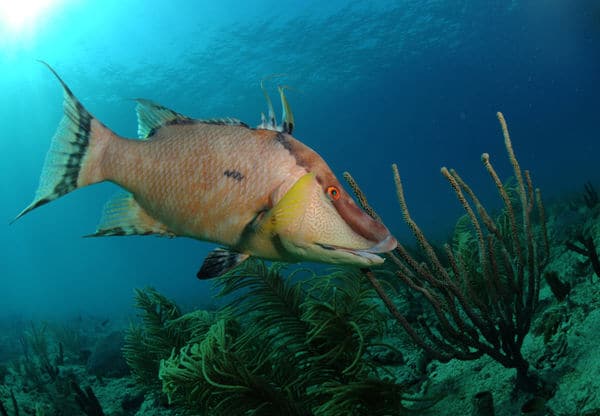
The hogfish is a much loved catch for divers and anglers alike, especially in the Florida Keys where it’s overfished. Since the hogfish is also economically important to the Keys, they both needs help in order to help the species survive.
The FWC recently met to talk about conservation measures in a November meeting:
The Florida Fish and Wildlife Conservation Commission (FWC) approved several conservation measures that are consistent with federal rules and set a new state management boundary for hogfish at the November meeting in St. Petersburg.
“Hogfish is an economically important species that is popular with the diving and angling community,” said Chairman Brian Yablonski. “This was not an easy decision, but will help balance the species’ needs while still offering opportunities for anglers.”
Hogfish is overfished and undergoing overfishing in the Florida Keys and east Florida. Federal law requires the South Atlantic Fishery Management Council to end overfishing immediately and implement a 10-year rebuilding plan.
Because most hogfish off the Keys and east Florida are taken in Florida state waters, consistency with similar regulations pending approval in Atlantic federal waters is necessary to rebuild the stock.
The effective date for the state waters changes has not been determined but once confirmed, a date will be posted on MyFWC.com and will be sent out via an additional press release.
The new state management boundary between the Keys/east Florida and Gulf stocks will be at 25 degrees 9 minutes north latitude (a line due west of Cape Sable, which is on the Gulf side of Florida). Once effective, hogfish north of Cape Sable will be managed as Gulf hogfish, and hogfish south of that line, around the tip of Florida and up the Atlantic coast, will be managed as Atlantic hogfish. Prior to this change, the boundary for hogfish was a line following U.S. Highway 1 in the Florida Keys. This new management boundary line is closer to where Gulf and Atlantic stocks naturally separate as determined by a recent genetic study.
Other approved conservation changes include:
- Lowering the Atlantic recreational daily bag limit from five to one fish per harvester.
- Setting an Atlantic recreational harvest season of May 1 through Oct. 31.
- Increasing the Atlantic recreational and commercial minimum size limit from 12 to 16 inches fork length.
- Increasing the Gulf recreational and commercial minimum size limit from 12 to 14 inches fork length.
- Setting the minimum importation and sale size limit to 14 inches fork length statewide.
The size limit increase and recreational season will allow Atlantic hogfish more opportunities to spawn before entering the fishery and, along with a bag limit change, will help rebuild the Keys/east Florida hogfish population to sustainable levels.
The size limit change for Gulf state waters is also consistent with pending regulations for federal waters of the Gulf of Mexico. The Gulf stock is healthy, but stakeholders requested an increase in the minimum size limit as a conservation measure to give them additional spawning opportunities.

